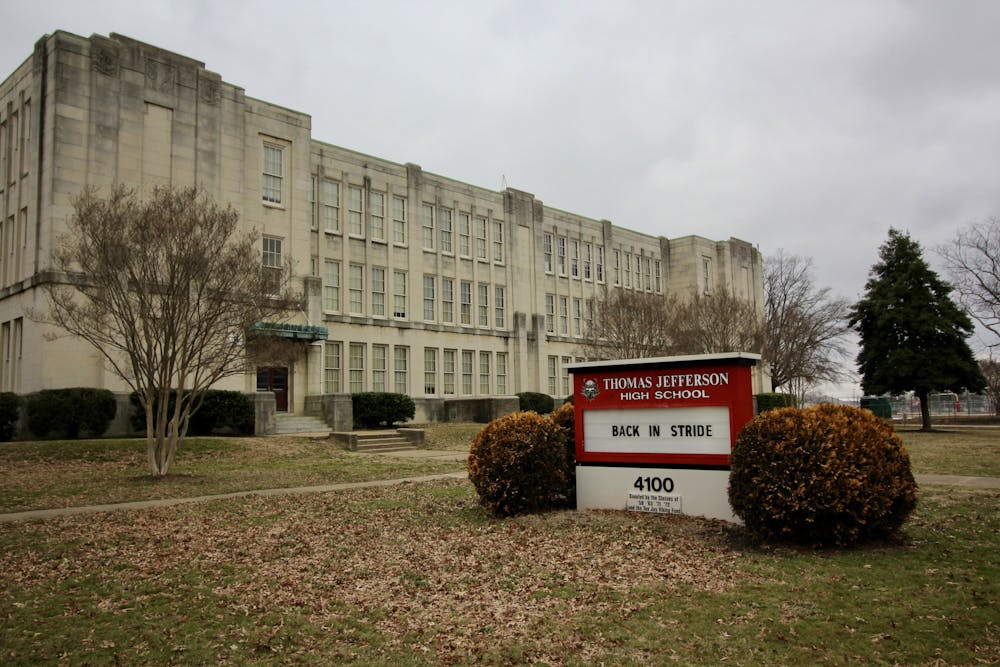Virginia public school teachers are now required to inform parents about any sexually explicit content in instructional material under a law signed by Gov. Glenn Youngkin on April 6.
The bill first passed through the Republican-controlled House of Delegates along party lines. Shortly thereafter, it passed through the Democrat-controlled Virginia Senate when two Democrats, Lynwood Lewis, D-Accomack, and Montgomery “Monty” Mason, D-Williamsburg, voted adversely to fellow party members, while two other Senate Democrats abstained from voting.
The bill is part of Youngkin’s campaign priorities to encourage parental involvement in education. He first began this legislative agenda in February, when he signed SB 739 into law, allowing parents to opt-out of school mask mandates for their children. This divided parents, with many critics predicting that it would add to the already clashing political culture in Virginia.
“Since day one, we have worked to empower Virginia parents who want to have a voice in the upbringing and education of their children,” Youngkin said in a statement released after signing SB 379 into law.
The latest bill charges the Department of Education with developing a model for parental notification that must be made available to schools by July 31. Each school board is tasked with adopting these policies by Jan. 1, 2023.
Teachers will also be required to give students alternative assignments upon a parent’s request under the new law.
The law specifies that its provisions shall not be misinterpreted as requiring the censoring of books in public elementary and secondary schools. However, some Democrats still worry that the bill will target key literature.
Theresa Kennedy, Richmond parent of two and former Virginia Public School English teacher, said she was concerned that the law was part of a greater agenda to enforce conservative values in the public school system.
“This is not being done with honest intentions,” Kennedy said. “I don’t know of any district that is actively trying to teach sexually explicit material to kids. It sounds like government overreach coming from the party of limited government.”
Many parents, teachers and activists have also voiced concerns that the law is an extension of policies being proposed in various states that mirror Florida’s new “Don’t Gay Say” law. Critics argue that these bills promote homophobia by preventing the discussion of gender identity and sexual orientation in classrooms.
“You’re seeing a crackdown, in some states, by governors and legislators to roll back principles of equity and diversity,” Leadership professor Thad Williamson said.
This past week, Gov. Youngkin has faced deadlines for many courses of action passed during this year’s session of the General Assembly. Last week alone, he passed laws permitting dining establishments to serve to-go drinks, hunting on public land on Sundays, as well as animal welfare bills.
Enjoy what you're reading?
Signup for our newsletter
“This session produced 700 bipartisan bills, making life easier for Virginians, our economy more competitive, supporting law enforcement, protecting the most vulnerable among us, increasing access to health care and taking necessary steps to make Virginia’s schools best in class,” Youngkin tweeted.
Contact Tyler Rosenstein at tyler.rosenstein@richmond.edu.
Support independent student media
You can make a tax-deductible donation by clicking the button below, which takes you to our secure PayPal account. The page is set up to receive contributions in whatever amount you designate. We look forward to using the money we raise to further our mission of providing honest and accurate information to students, faculty, staff, alumni and others in the general public.
Donate Now



